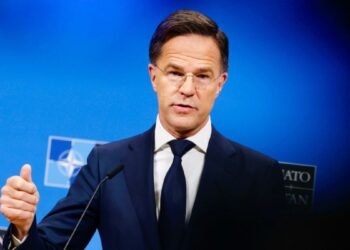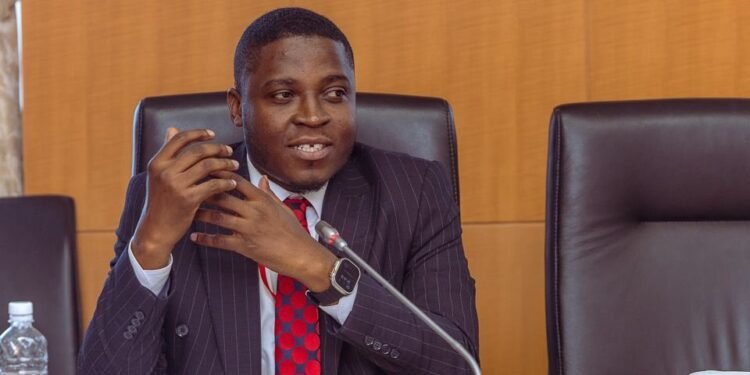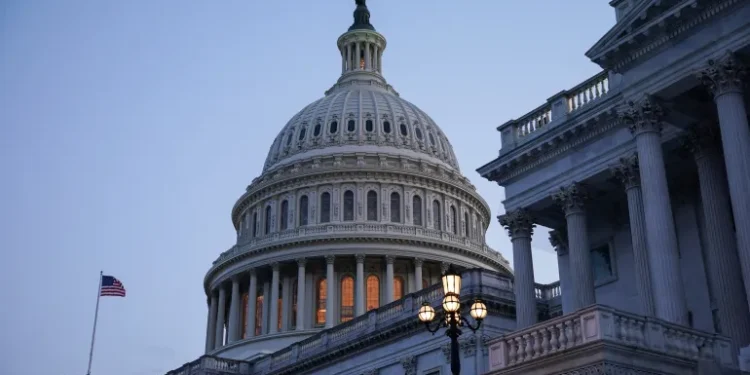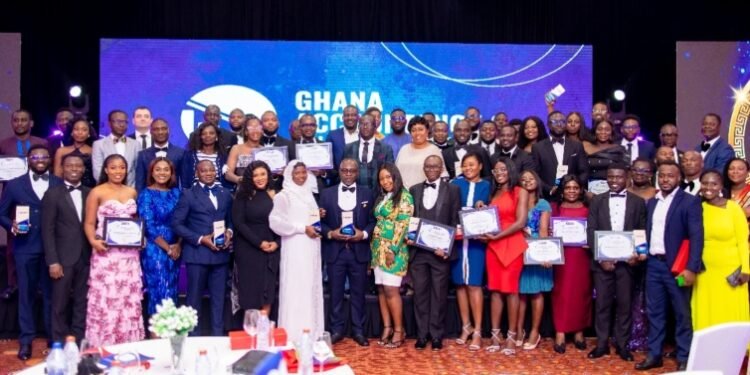The European Commission has adopted stricter rules for issuing visas to Russian nationals to enter the European Union.
This is in response to what it said were “increased security risks stemming from Russia’s unprovoked and unjustified war of aggression against Ukraine, including the weaponisation of migration, acts of sabotage and the potential misuse of visa.”
Under the new rules, Russian nationals will no longer be able to receive multiple-entry visas and have to apply individually every time they plan to travel to the EU.
The European Commission noted in a statement that the goal is to “mitigate threats to public policy and internal security while allowing exceptions for limited and justified cases such as independent journalists and human rights defenders, ensuring uniform application across Member States and preventing circumvention.”
It added that all applications made by Russian nationals will also be subject to “enhanced verification procedures and elevated levels of scrutiny.”
According to the statement, the decision to tighten the rules on visas for Russians is based on a joint assessment by member states under local Schengen cooperation in Russia and follows the approval by all member states in the Visa Committee.
“Since Russia’s full-scale military invasion of Ukraine, the EU took unprecedented action for Russia to stop this unjust and unprovoked aggression, including the full suspension of the Visa Facilitation Agreement with Russia and the adoption of guidelines to support Member States to deprioritise visas for Russians and refrain issuing them, increasing the security and border controls. Today’s Commission decision builds on these efforts…”
European Commission
Markus Lammert, European Commission Spokesperson said at a press conference emphasized that the new rules severely restrict the issuance of multiple-entry visa to Russian applicants. “That being said, certain limited exceptions remain,” Lammert added.
These exceptions apply for close family members of Russian citizens residing in the EU and family members of EU citizens, who can have multiple-entry visas valid for up to one year. Additionally, transport workers can obtain multiple-entry visas for up to nine months.
The Commission Spokesperson added that in exceptional cases, European countries can also issue multiple-entry visas “to persons whose reliability and integrity is without doubt,” including dissidents, independent journalists, human rights defenders and representatives of civil society organisations.
Henna Virkkunen, Executive Vice-President for Tech Sovereignty, Security and Democracy, said that “Russia’s illegal and unprovoked war of aggression” against Ukraine continues to pose a serious threat to European security, with heightened risks related to sabotage, disinformation and drone incursions in the Union. “The EU has consistently tightened entry conditions for Russian nationals since the onset of this illegal aggression,” Virkkunen added.
“By further restricting visa rules, we are taking an additional and necessary step to safeguard the security of the European Union and its citizens.”
Henna Virkkunen
Kallas Calls Travelling To EU A Privilege
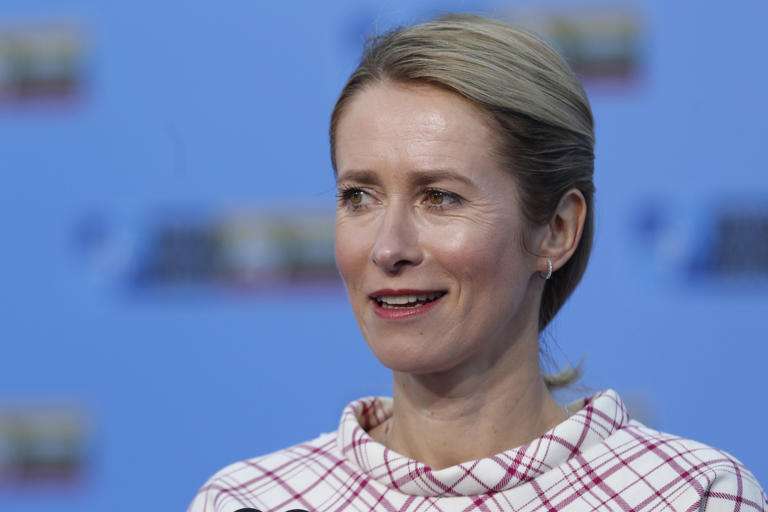
EU’s Foreign Policy Chief Kaja Kallas stressed that “travelling to and freely moving within the EU is a privilege, not a given.”
She asserted that Russia’s “illegal invasion” of Ukraine has created the “most dangerous security environment in Europe for decades.”
“We now face unprecedented drone disruptions and sabotage on our soil. We have a duty to protect our citizens. Stricter rules will now apply to Russian nationals requesting a visa to travel to the EU.”
Kaja Kallas
Also, Magnus Brunner, Commissioner for Internal Affairs and Migration, stated that the protection of the EU’s external borders requires the implementation of robust and comprehensive visa management rules.
Brunner iterated that under the newly adopted provisions, all visa applications submitted by nationals of the Russian Federation will be subject to enhanced verification procedures and elevated levels of scrutiny, adding that it will contribute to the “integrity and security of the Schengen area.”
READ ALSO: Hundreds of Flights Cancelled Across the US Amid Government Shutdown









